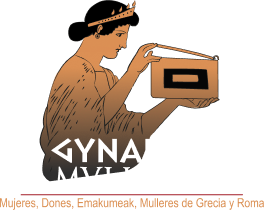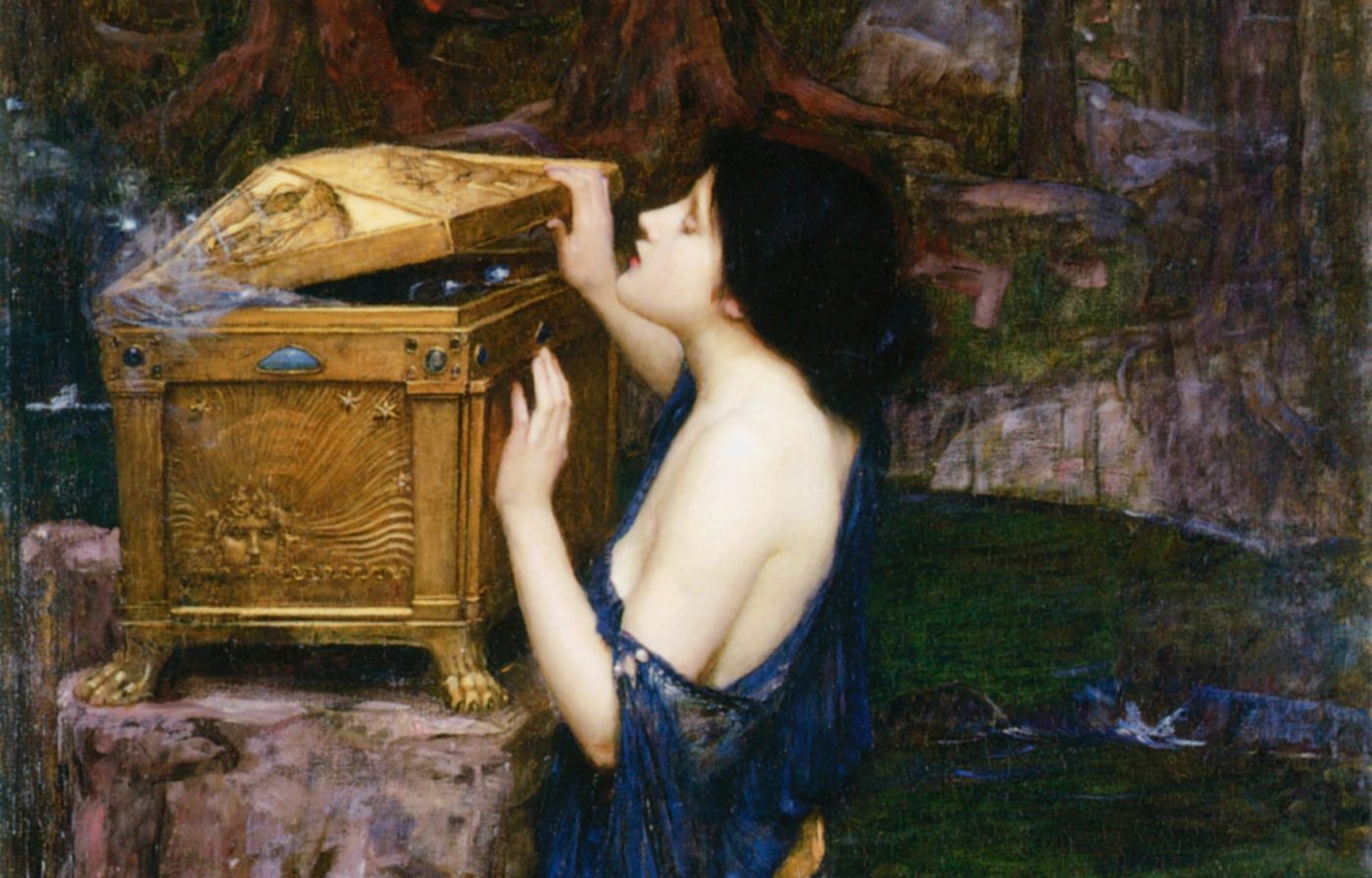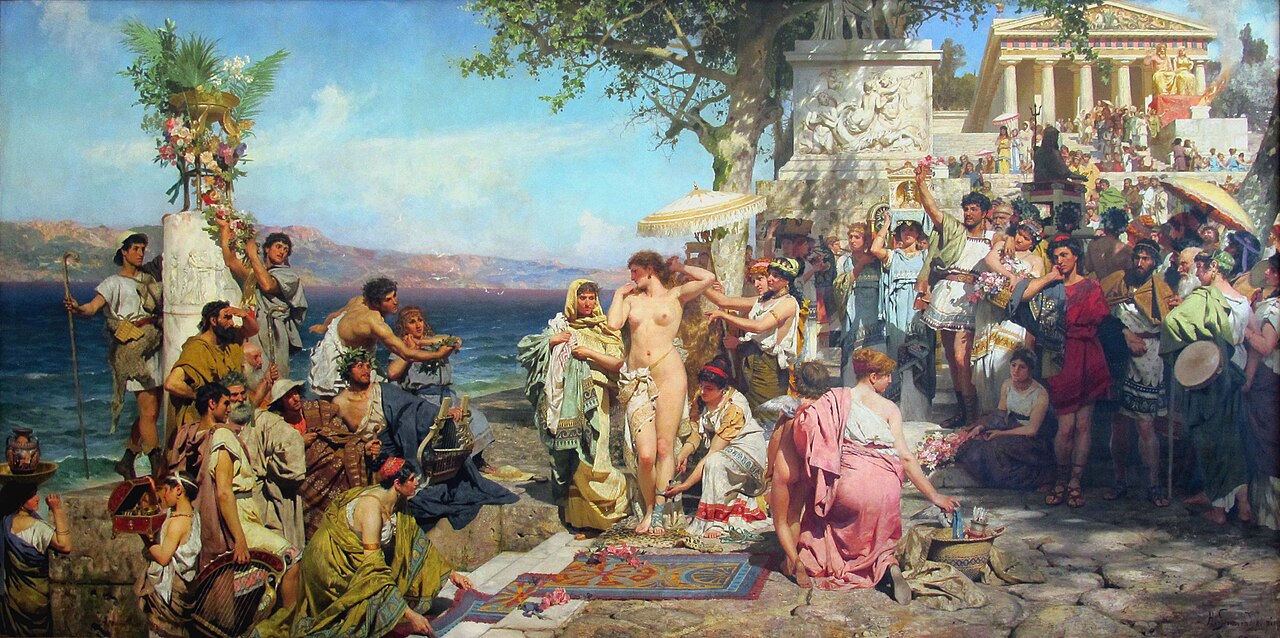In wealthy Roman families, education was a fundamental pillar in the formation of the individual. This also included women, who also tended to play the role of transmitters of culture and traditions in the home. Children received all this knowledge in the first years of life, before they could go to school. Afterwards, the mother was responsible for sending them to the best teachers to continue their education.
Image: Fresco della Villa dei Misteri, Pompeii.
Pliny the Younger (1rst-2nd century AD)
Quintilian (1rst century AD)
Seneca (1rst century AD)
Tacitus (1rst-2nd century AD)
Valerius Maximus (1rst century BC-1rst century AD)




